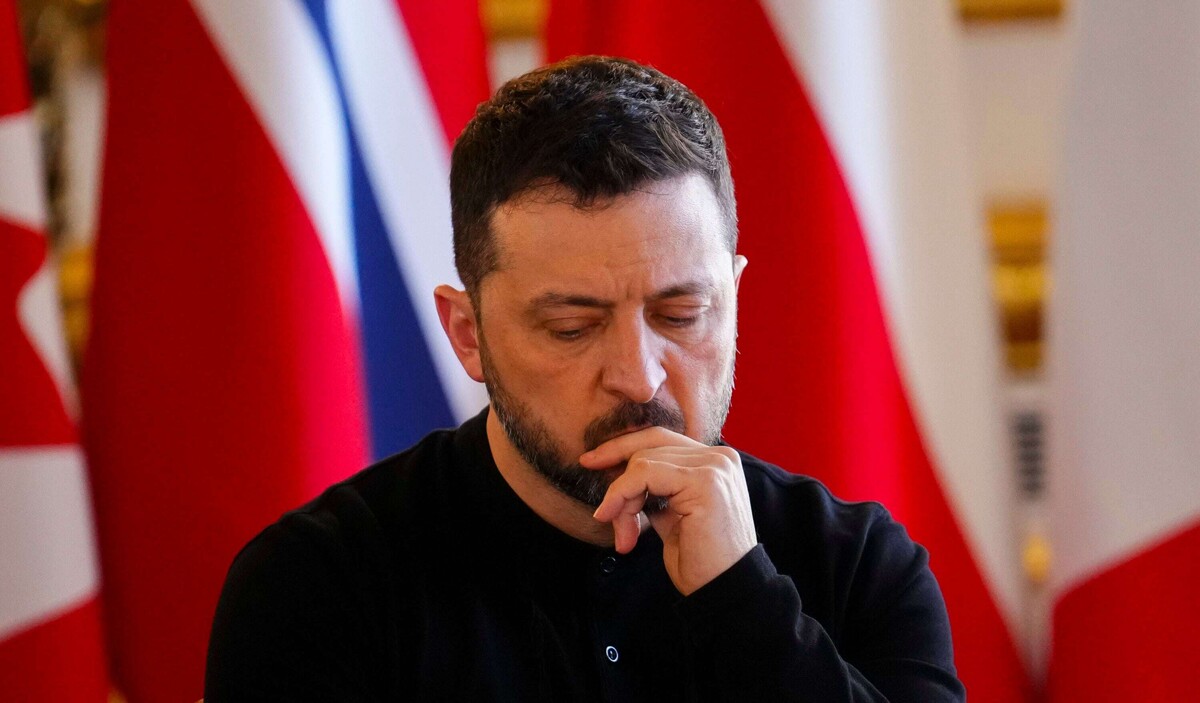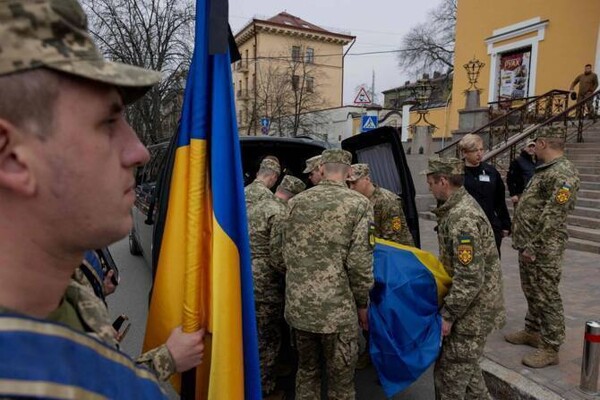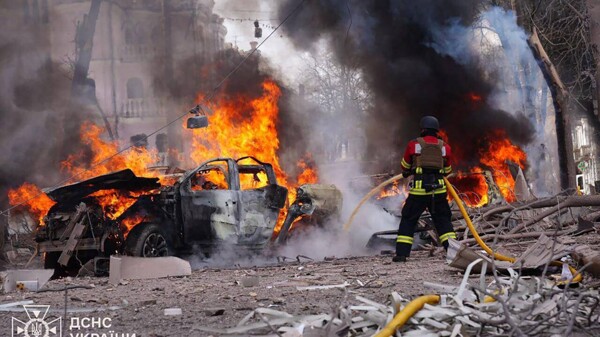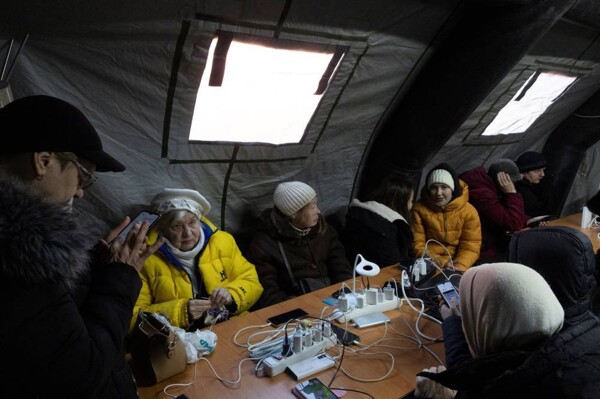
U.S. officials have urged Zelensky to express gratitude for U.S. support, something the Ukrainian president has done regularly since the large-scale invasion began in early 2022. Europe has stepped in to fill the void left by the growing rift between Ukraine and the U.S. Relations may be restored, not because Ukrainian diplomacy is much superior or because Zelensky is a great communicator, but because there is still an economic interest for Trump in Ukraine.
"As for saving the relationship," Zelensky told reporters over the weekend: "I believe that our relationship (with the U.S.) will continue because it is more than a relationship of one moment or another." Zelensky finds himself with few options after the stunning discussion in the Oval Office last week with Donald Trump. He later berated the Ukrainian leader and cut the military aid upon which Kyiv depends to fight Russia's invasion. The scene will surely remain in Zelensky's memory for the rest of his presidency, if not his entire life. He has even expressed optimism about ongoing U.S. support.
As European partners rally around Zelensky, Western officials in Kyiv acknowledge that the durability of any peace plan will depend on military backing from the U.S. Zelensky has said he is still willing to sign a lucrative deal regarding minerals with Trump that could be the first step toward a ceasefire. Since the confrontation on Friday, there has been communication between Ukraine and the administration, but not between the two presidents.
"I am sure that this situation will pass, and there are more important things ahead. And the future of Ukraine could depend on whether it can repair its relationship with the White House. U.S. officials have said they want an apology from Zelensky, who has remained calm in his public appearances since the episode and has sought European support while also rejecting calls from U.S. officials for him to resign. But a ceasefire plan crafted by European powers will still require Washington's support to be effective.
"Not everything is lost. And if we all continue to be constructive, then I believe we will have a positive outcome," Zelensky assured reporters on Sunday after a meeting of European leaders in London. Now all of this is uncertain. Oleksandr Kraiev, an analyst at the Kyiv-based foreign policy think tank Ukrainian Prism, said that the first step to saving relations between the U.S. and Ukraine is "to re-establish personal contacts with Trump’s people and with Trump himself," although "it will be psychologically difficult."
Signing the deal with the Trump administration regarding a portion of Ukraine's natural resources would have paved the way for further agreements on the future of U.S. military aid and the terms of an armistice with Russia. Vance saw this as a personal grievance, while Zelensky expressed a widely shared opinion among Ukrainians: that Russia cannot be trusted to comply with ceasefire promises.
The Ministry of Foreign Affairs posted a selection of photos on Instagram of Ukrainians wearing military uniforms, blood-soaked medical gowns, and firefighting equipment — all symbols of war — with the slogan "Ukrainians have their suits." Ukraine is "ready to continue the dialogue," he said. The campaign is in response to a question from a reporter to Zelensky in the Oval Office about why he was not dressed in a suit. In response to U.S. Senator Lindsey Graham's call for him to resign, Zelensky told reporters: "I can give (Lindsay Graham) citizenship in Ukraine and he would become a citizen of our country."
Zelensky has rejected calls for his resignation from some U.S. officials, saying that only the Ukrainian people can decide who leads them. Amid the criticism, there are no signs in Ukraine of public discussion about Zelensky's resignation. "If Zelensky had behaved differently or if there had been an interpreter, of course, it would have been a somewhat different story," said Oleksandr Khara, director of the Defense Strategies Center.
In Ukraine, the fallout from the White House sparked another wave of unity as many in the country interpreted Trump and Vice President J.D. Hay's comments. There is a possibility that an agreement can still be reached, but it is much less likely than it was," said Ben Barry, a military expert at the International Institute for Strategic Studies. A Franco-British plan to deploy European contingents in Ukraine "should include U.S. presence in one form or another," Zelensky said, adding that the U.S. could contribute air, ground, or intelligence support. Increasing support for Ukraine in the event that the U.S. withdraws aid would have a significant cost for the continent, Barry believed. Europe could provide weapons and ammunition directly to Ukraine and could put European defense and industry on a war footing.
"It is not an apocalyptic scenario for us. That would cost Europe a lot of money. We see many negative forecasts," he said.














